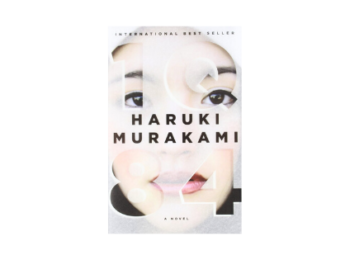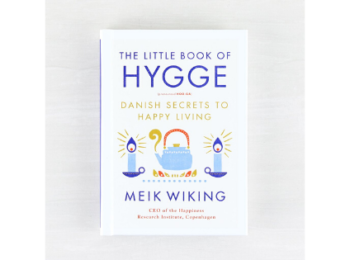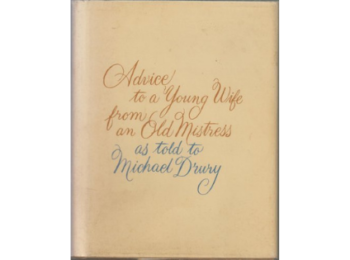
The story is quite simple, and I dare say quite realistic. After all, we have all probably heard of the story of a charming provincial girl (in this case, a Japanese seventeen-year-old dancer) who was lead to believe that she was the ultimate love of a sailor (in this case, and in probably most cases I’ve heard of, an American), who left his pretty princess in hopes of his return. While her behavior and personal changes were amusing at first to behold, I cannot but help notice the delusional waiting, the gradual change of customs and traditions, and the forgotten family which haunted Madame Butterfly as she waited for the robins to nest.
The little nuances of (age-old?) Japanese culture are easily seen in the story, from the way Madame Butterfly addresses her beloved, to the front she puts on in front of a stranger who wants her to be his wife. Death, honor and ancestry are given particular detail in the last few chapters, and it’s almost heart-breaking to see how Madame Butterfly tried (though eventually failed) to protect her sanctity by “a long, beautiful sleep”.
I have a feeling that this story is more than just the drama of a young girl who fell in love too easily; I think I see a wide-scale frontier here, one that involves Americans, a war with China, and Japan as a springboard… But that may as well be the social scientist in me talking.
At any rate, ’tis a quick tale on love (and, possibly, betrayal), with interesting insights on Japanese culture.
[At the end of this book, I ardently wish I could see Puccini’s play of Madame Butterfly :D]
Madame Butterfly by John Luther Long
My rating: 4 of 5 stars





